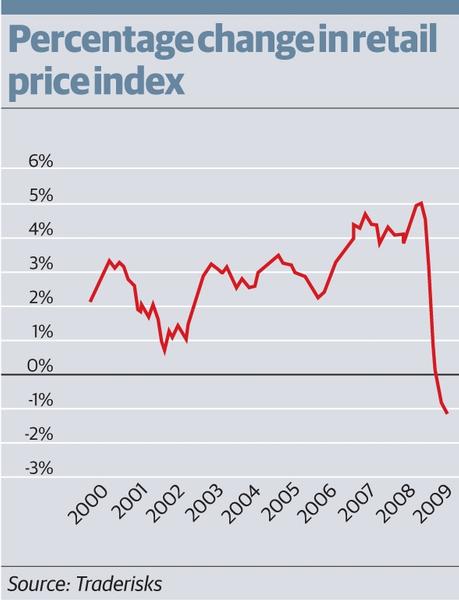Swaps are a risk
Simplistic inflation swaps could mean associations lose out in the long term
To protect themselves against the risk that their rental income is lower than expected, many housing associations have entered into derivatives known as inflation swaps. But the structure of some of these deals is too simplistic, and offers associations little protection over the long term.
Inflation is a key risk for associations, as their rents are linked to the retail price index. If an association with current rental income of £100 million assumes in its business plan an annual increase of 2.5 per cent RPI plus 0.5 per cent, its rent will be £156 million after 15 years. But if actual inflation is zero over those years the rent will be £108 million, or 31 per cent lower than expected.
To hedge this risk, many associations have entered into ‘RPI year-on-year swaps’. Each year the association pays RPI plus a fixed rate on a nominal sum, and receives Libor (the variable rate its loan interest payments are linked to).

At first sight, an association with £100 million rent and £100 million RPI year-on-year swap seems to be perfectly hedged: if RPI is 1 per cent lower than expected, rents will be £1 million lower and the interest cost will also be £1 million lower. But as rents inflate, costs also inflate. The swap should therefore hedge the operating surplus rather than the gross income. In the £100 million example the swap is many times too large - it actually adds risk and volatility to the plan. This is visible this year particularly, as such over-hedged housing associations will be hit by the 5 per cent September 2008 RPI (see graph): on a £100 million notional the net payment on the swap will be more than £5 million, while net operating surplus will benefit by much less.
More importantly, inflation risk is about low inflation over many years. Assuming that RPI is zero on average until 2024, but with high RPI in the last year, then in 2024 the rents will still be 31 per cent lower than expected, but the RPI year-on-year swap will not compensate the 31 per cent impact. In fact, this swap will exacerbate the negative impact because it depends only on the high RPI in the year, rather than the 15-year cumulative inflation.
Housing associations should therefore only enter into ‘cumulative inflation swaps’ to hedge their long-term business plan.
Antoine Pesenti is a director at consultancy Traderisks

